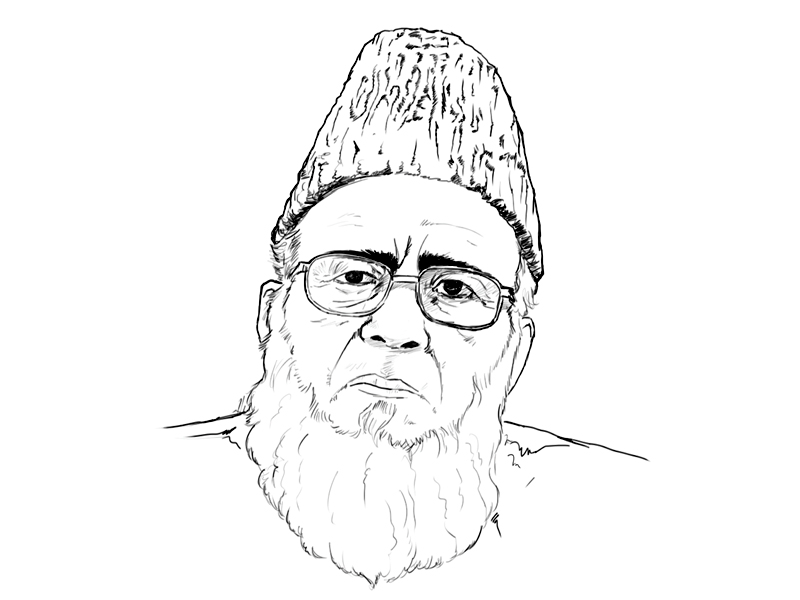
Syed Munawar Hasan, the Jamaat-e-Islami’s fourth elected Ameer, lounges comfortably at the Islamic Research Academy, his party’s think tank in Karachi’s Federal B Area. He is deep in thought as he mulls over the current election scenario, his party’s ideology, and the future of Pakistan. Once he gets rolling, the words come fast, the thoughts emerge fully formed.
In particular, Hasan has a lot to say about the ECP and its new doctrine. Recently, the election commission declared seeking votes in the name of religion as a punishable offence.
Unsurprisingly, this does not sit well with the Jamaat-e-Islami.
“Has the chief election commissioner of the Islamic Republic of Pakistan also expunged ‘Islam’ from the country’s official name?” he asks rhetorically, a smile playing on his lips. “The commission is responsible for causing controversy with this obscure declaration, rather than explaining the intent of the legal provision [Section 78 (4) of the Representation of People Act, 1976].”
As the basis for their verdict, ECP officials cited the specific section of this Act, which declares seeking votes in the name of a particular religion or province, community, race, caste, sect and tribe, a crime that may lead to imprisonment for up to three years.
“I would understand it if it were simply a reminder for political parties to refrain from stirring up public sentiment with hate speech,” says Hasan. “But, in Pakistan, there is nothing more deserving of a vote than Islam. To not realize this is to be ignorant about the Pakistan movement, about why the country actually came into being.”
In fact, according to the JI chief, the Constitution deems the propagation of secularism and liberalism unlawful.
Who’s Sadiq and Ameen?
Hasan expresses severe dissatisfaction with the implementation of Articles 62 and 63 of the Constitution.
“The corrupt and the fake degree holders, who were earlier barred from contesting election, later received a go-ahead to contest for several constituencies,” he says bitterly.
However, he does not agree with the kind of questioning exhibited by the returning officers.
“The ROs did not fulfill their responsibility. They trivialized the first-ever implementation of these provisions,” he claims.
Change in the offing?
In Hasan’s opinion, the electoral process is not the criterion for evaluating the success and failure of parties, though elections do provide certain indicators.
“For instance, we cannot say people are fond of corruption if they repeatedly vote in for such candidates whose dishonesty is publically known,” he says.
According to him, in a feudalistic society, the oppressed deliberately choose to vote for the very same people who had exploited them because they think the oppressor will reduce injustice the next time around.
“Unlike India, this oppressive system lives on in Pakistan and has moulded a specific psyche of the oppressed,” he says sadly. “The majority of the elected representatives in each term belonged to this feudal class, with scions in line to replace them. They jumped ships, changed attire, went to Harvard and Oxford. Yet, every lot not only found access to the avenues of power, but also increased the injustices of their predecessors.”
He believes the forthcoming polls may be the last opportunity to bring about change. “Every political party promises change, sprinkled with a myriad of buzzwords, but this election will definitely be the last under the existing system if the people’s dream of change does not materialise,” he says. “The JI does not wish to see the country slip towards anarchy but it is unrealistic to expect political parties to stand as a bulwark against the tumult; only governments can play such a role.”
Battleground: Karachi
While speaking of JI’s arch rival in Karachi , the Muttahida Qaumi Movement (MQM), Hasan says that terrorism would not exist in the city if the security agencies had, from the beginning, withdrawn their support for the party that he says has fostered ‘a culture of violence and intimidation’ for 25 years.
Controversially, he says that the MQM was revitalised so that agencies could influence the national politics with the party’s 30 to 40 seats in times of need.
Published in The Express Tribune, April 26th, 2013.
COMMENTS (10)
Comments are moderated and generally will be posted if they are on-topic and not abusive.
For more information, please see our Comments FAQ
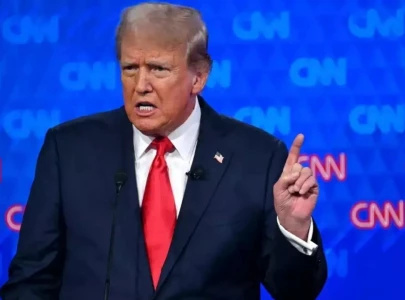
1722510908-0/jax-(1)1722510908-0-165x106.webp)




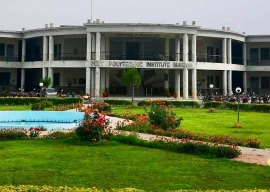
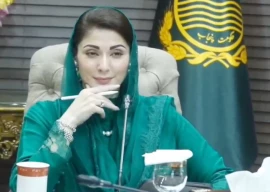



1725083820-0/Untitled-design-(24)1725083820-0-270x192.webp)


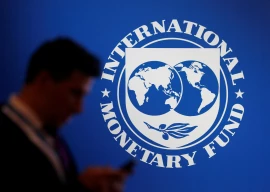
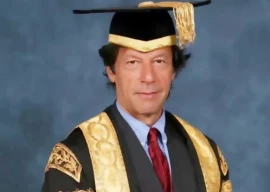
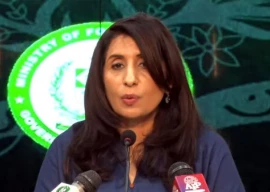






@Morons: But the scope, the intensity, and the extensive use of violence is not the same for the two.
honest man
He says MQM is a party which "has fostered a culture of violence and intimidation for 25 years"
Strangely, it was Jamat-e-Islami which introduced arms in Karachi during the 80's era. The party which he supports provided the building blocks of militancy and weaponisation in the city.
Finally, a religious party has spoken out against the farcical implementation of Article 62 / 63 by the ROs. Great to read this !
agreed with kaleem,not only Syed Munawar Hasan his other party leaders also honest and belong to middle class,jamat leaders never had any charge of curroption nor they are crimnals bhatta khor,fake degree holder or even not involved in in anti pakistani compain.prof.ghafoor,qazi hussaini.mayor karachi abdul sattar aghani,naimatullah khan,prof.khursheed and thousnds other are the example for other parties to learn somthing from jamatis,they deserved to be voted in the upcomming election.
Does he believe that the votes of two women equals that of a single man?
the person of dignity and very poor and middle class person ,, Pakistan need such leadership
honest leader in current scenario ..
Hasan is erudite. But this reminds me of the exchange of an argument between Reagan and Carter in the 1980 US presidential debate. Reagan alleged that, for example, Carter knew very well how a car works but does not know how to "fix" it!!! (Reagan was using the analogy of the car to refer to the state.)
Munawar hassan is a well versed politician on current Pakistan situation